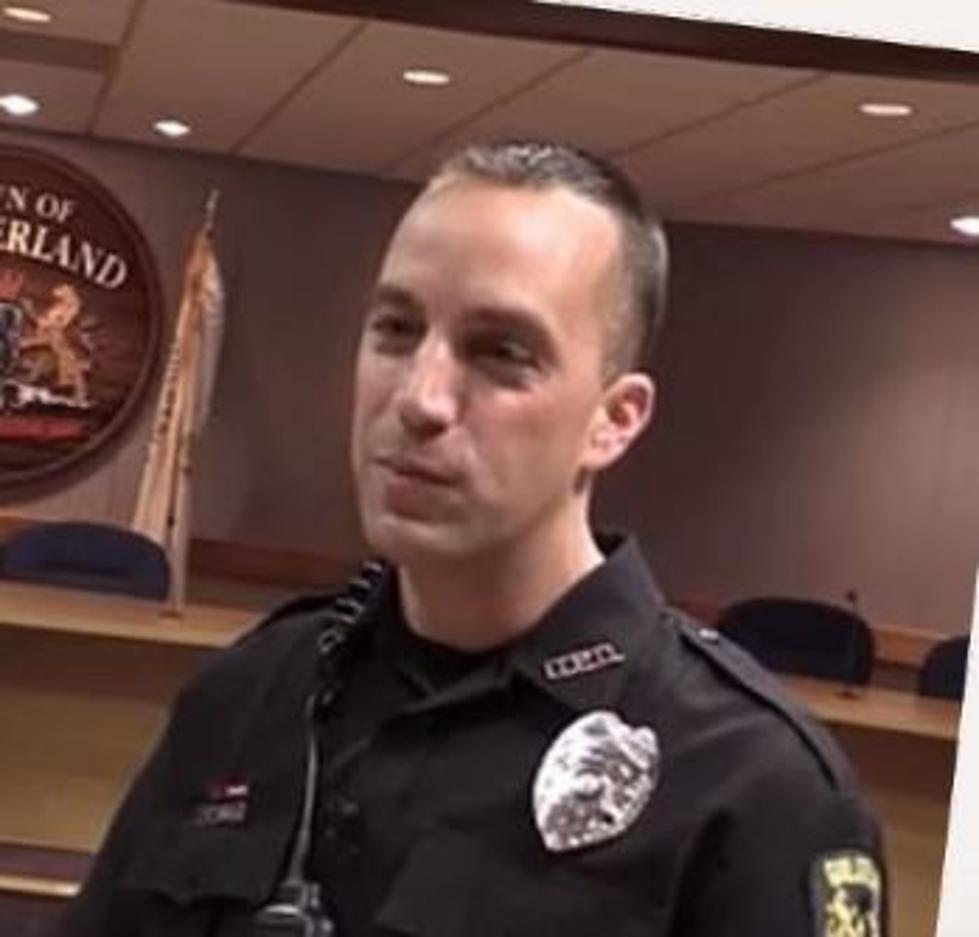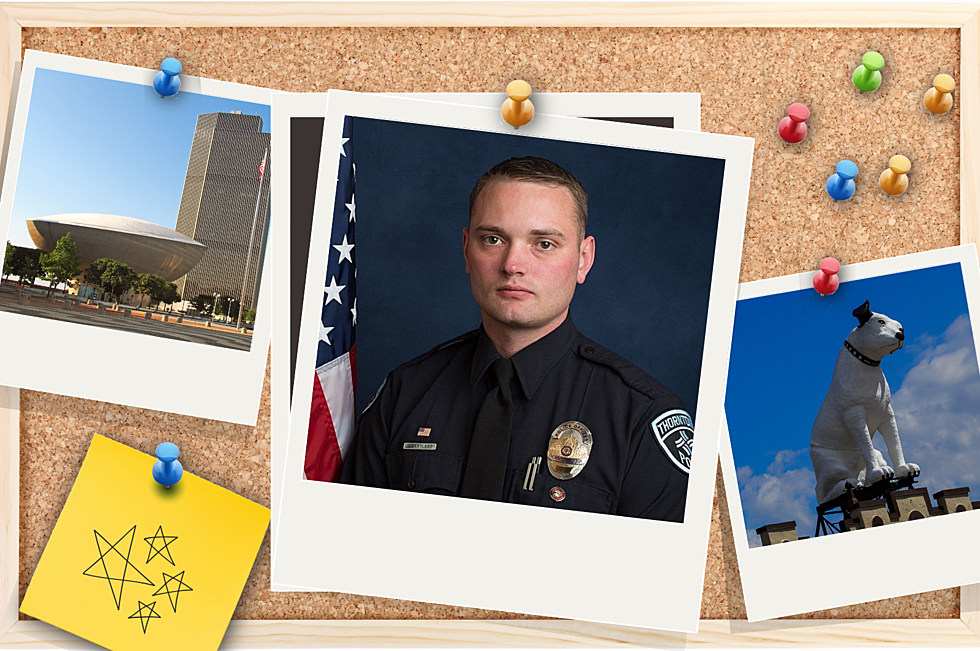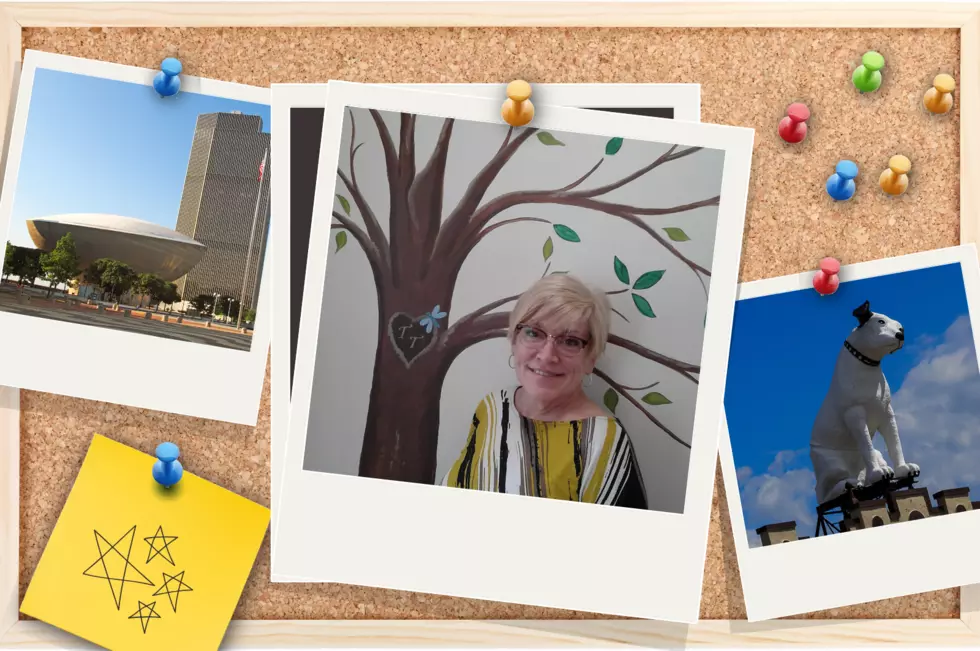
Director of Albany’s Cure The Violence a ‘Hometown Hero’
Clarence Jackson, of Albany, is the Director of Cure The Violence, an organization that works to protect the community and keep violence off the streets by hosting awareness events and rallies.
Clarence used his own personal experiences to start a movement in Albany to encourage a peaceful environment.
He hopes that through working with local leaders, he can "prepare the youth to be prepared for life's test without having to resort to violence but to use the lessons they learned in school to build a better future."
His nominator, Denise Montemarano, explained that she nominated Clarence because she is proud of him and the work that he is doing "changing other peoples' lives, offering services, outreach and helping his community."
As part of the “Hometown Heroes” series, we’ve partnered with County Waste, Latham Ford, Big Brothers Big Sisters of the Capital Region and Awards by Walsh to celebrate local unsung heroes for their good deeds and honorable work.
We asked Clarence a few questions. Here's what he had to say:
Q: What inspires you in your anti-violence work through Cure the Violence?
A: My inspiration in my work for Cure Violence comes from the people in community who are disproportionately effected by lack of income, poor health, lack of education, poverty and gun violence. The elders who have built a foundation in the communities and have vested interests, whether it's for their families or being home, and business owners. The children who need a safe environment to live, play and enjoy childhood. Also those affected by violence, either as a victim or the perpetrator, who may feel as though that is the only means of survival or problem-solving.
Q: What's the most rewarding thing about what you do?
A: There are multiple rewards in this line of work: the rise in community awareness through our rallies, or community events The comforting of families and friends during a hospital response and being able to offer our services. Another reward is when a parent calls and reaches out for the prevention of potential violence either by or against their child. One of the biggest rewards is when we have successful mediations where we get rivals to settle their differences without the use of violence and to stand down.
Q: What are some challenges?
A: The challenges in this line of work are: the community "naysayers" and critics who do not fully understand the model and mission of the Cure Violence program. Staff shortage, and budget issues. The possibility of being called upon no matter the time of day or night. Having to cope with families who have encountered or have been victims of violence and are grieving. Conveying to the community that Cure Violence is an anti-violence initiative program within the community and we are not law enforcement.
Q: Do you consider yourself a "hero?" Why or why not?
A: I do not see myself as a hero, rather as a community member who understands the issues in the disproportionately-affected communities. I can relate, as I was once part of the problem and now I am on a mission to be a part of the solution.
More From 104.5 THE TEAM









